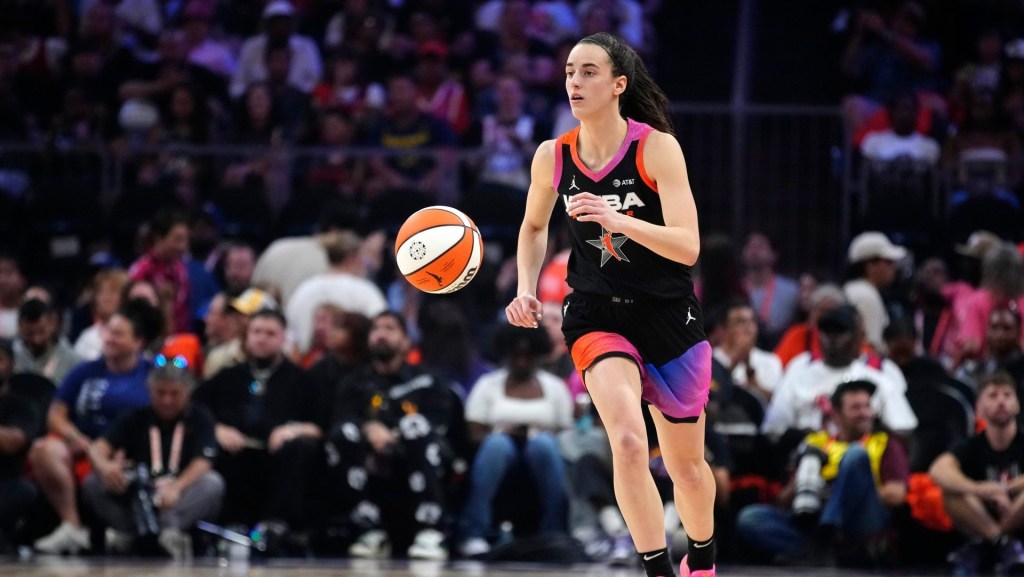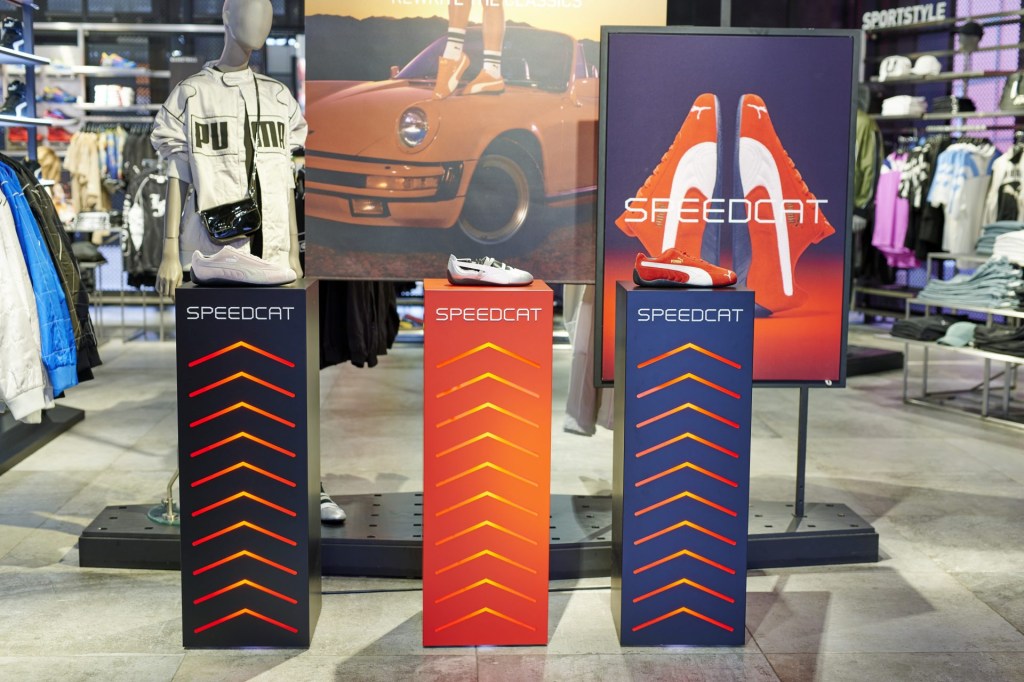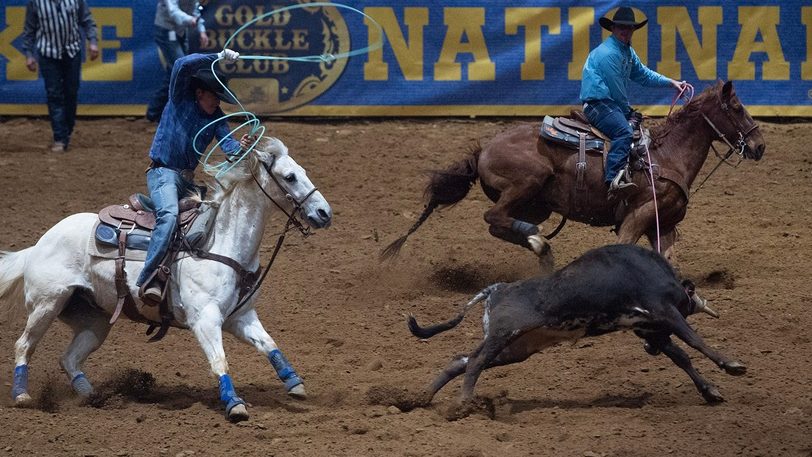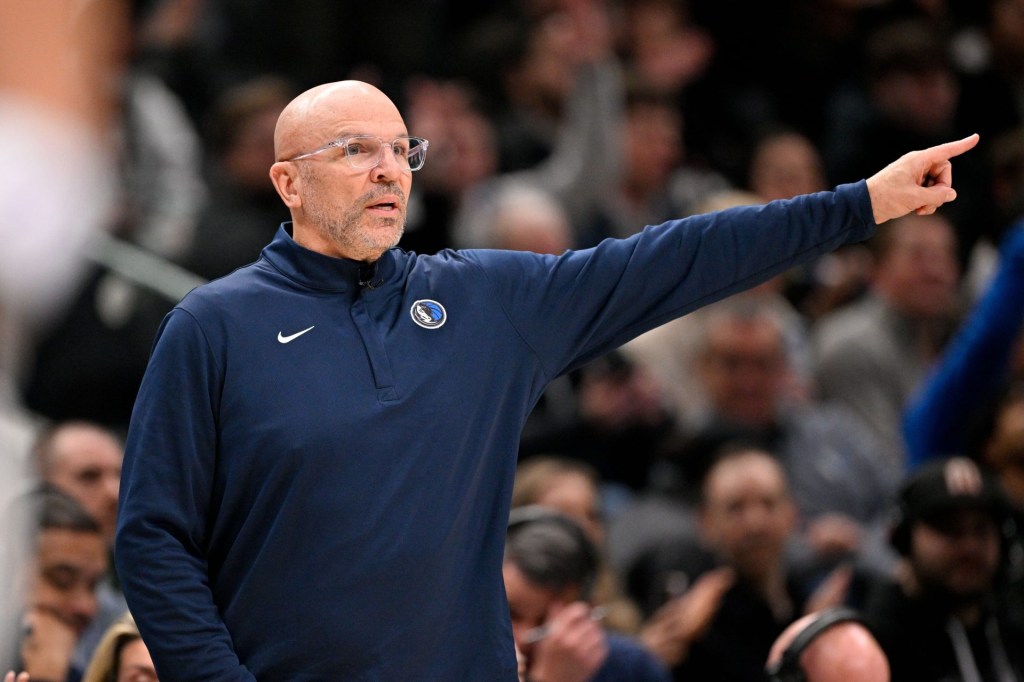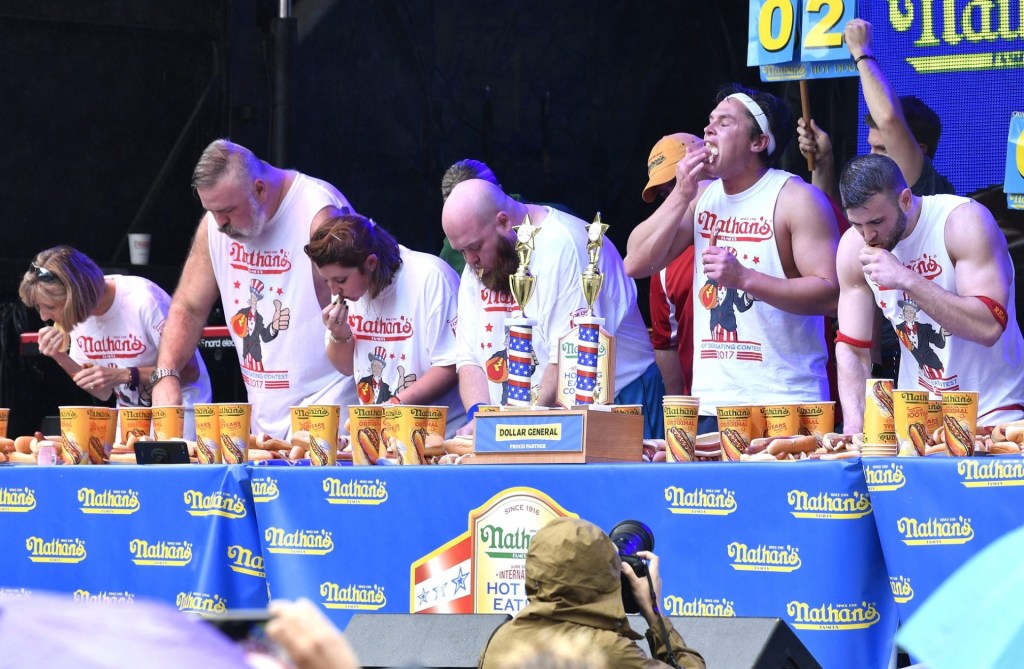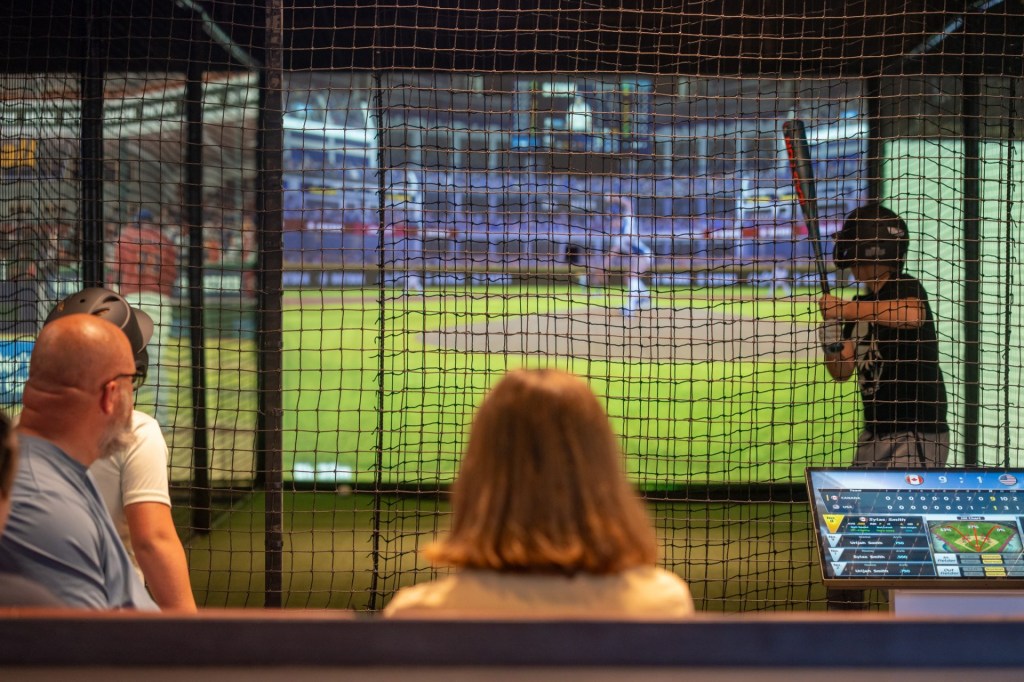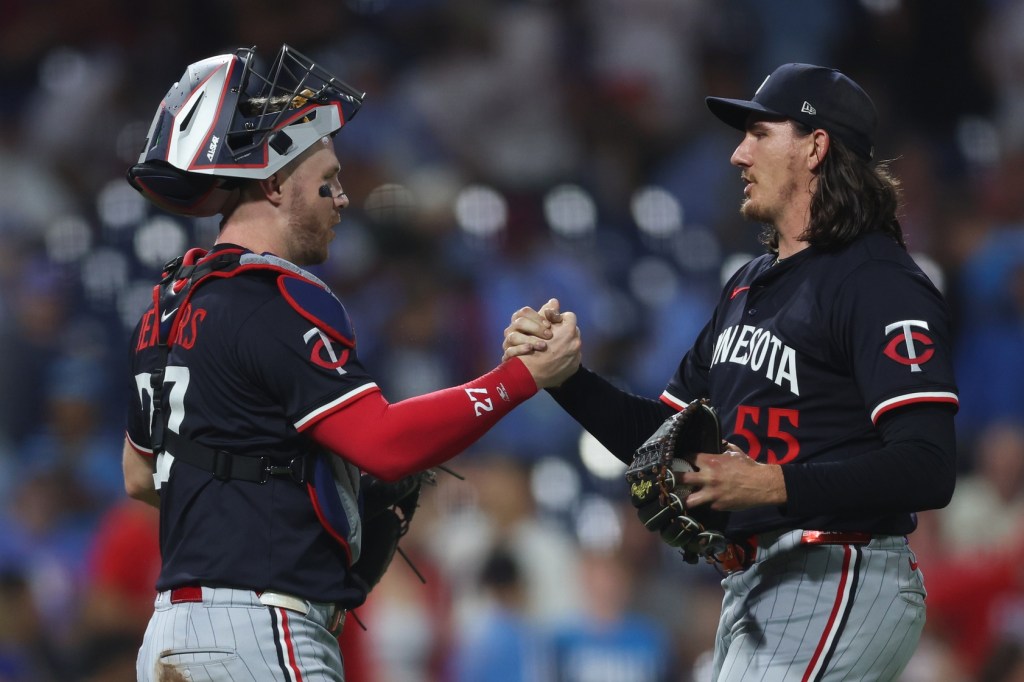BioSteel’s bankruptcy could be more costly to the NHL, and others caught up in the proceedings, than what’s been detailed in court documents so far.
Companies’ Creditors Arrangement Act filings reviewed by Front Office Sports show only about $15 million in liabilities for sports-related deals. But the NHL deal alone is valued at about that much for the upcoming season, according to multiple sources who spoke to FOS on condition of anonymity.
No financial terms or even the length were released when BioSteel’s deal to become the “Official Hydration Partner” of the NHL and the NHLPA was announced in July 2022. Bankruptcy filings showed that the deal runs eight years, and another listed $6.4 million owed to NHL Enterprises.
That NHL-NHLPA deal was valued closer to $130 million (around $16 million per year), the sources said.
And that’s not even counting equity the Canada-based sports drink and supplement company promised as part of an attempt to out-duel rival Gatorade — slices of the company that may be worth pennies once the bankruptcy proceedings in Canada and the U.S. conclude.
Companies seeking to expand their reach and revenues through partnerships, especially when it comes to brand ambassador deals with athletes, have increasingly used equity as part of their pitches.
Kansas City Chiefs star quarterback Patick Mahomes, Dallas Mavericks All-Star Luka Dončić, and UConn’s women’s basketball standout Azzi Fudd received equity as part of their deals with BioSteel. Those deals are effectively on hold as BioSteel is in hibernation as the bankruptcy process plays out.
“I seriously doubt it’s going to have a chilling effect,” sports attorney and agent Juan Lozano told FOS. “Athletes have confidence in themselves, and because they’ve been successful on the field – then everything that they do is going to lead to success, right? If they’re involved, that can pull out that victory.”
Vitamin Water/Glacéau tried to sign LeBron James to an equity-heavy deal two decades ago before the company was acquired by Coca-Cola. Hyperice leveraged its equity deal with Mahomes to build its brand before signing multiple leagues. Naomi Osaka took equity in Hyperice as well and received a stake in BodyArmour before the drinkmaker was purchased by Coca-Cola.
“Athletes want to get involved in these kinds of deals,” Lozano said, “They can potentially be profitable, but also they want to demonstrate that they’re just more than an athlete. They want to prove that they are a businessman or businesswoman. There’s a certain amount of vanity involved. They want to show that not only are they good at sports, but they know their stuff off the field, too.”
No individual athlete was listed in the bankruptcy filings outside of BioSteel’s nearly $20,000 in obligations to Mahomes’ charity, The 15, and the Mahomies Foundation.
According to the filings, the Lakers are owed $1.9 million, the most of any sports-related creditor outside the NHL, although sources told FOS that many of the figures listed in the court documents don’t show the full value of the deal. The others — converted into U.S. dollars — include:
- Miami Heat ($705,000)
- Learfield ($650,000)
- U.S. Soccer Federation ($500,000)
- Brooklyn Nets/Barclays Center ($463,000)
- Philadelphia 76ers ($220,000)
- USA Hockey ($163,000)
The NHL did not receive equity as part of its deal with BioSteel, the sources said.
“To see this brand become the Official Hydration Partner of the NHL is truly a full circle moment, and we’re so proud to partner with the League and the Players’ Association to support players hydration both on and off the ice and to introduce a new generation of fans to our brand and products,” BioSteel co-founder and former NHL player Michael Cammalleri said in a statement when the deal was announced.
Cammalleri is owed about $7,000 as one of the unsecured creditors, according to bankruptcy filings.
The company laid off about 180 workers, and the bankruptcy process began earlier this month, which could lead to the brand’s acquisition.
BioSteel was founded in 2009 by Cammalleri and sports nutrition executive John Celenza. In 2019, the company was acquired by Canopy Growth as it sought to branch out from its cannabis business and into the sports supplement and hydration category.
Celenza, who left BioSteel earlier this year, declined comment when reached by FOS.
While BioSteel sales grew, so did its cost — much of that related to the many endorsement deals it entered into with athletes, teams, sports governing bodies, and schools.
BioSteel — which drew scrutiny by the SEC and had to restate results — reported $69.6 million in revenue in its most recent annual report. But as the cost of partnerships and operations rose, so did Canopy Growth’s loans to prop up its subsidiary.
In the last fiscal year, BioSteel had a net loss of $141 million.
Canopy funded BioSteel at $11.1 million per month before it cut off the spigot, and the bankruptcy proceedings commenced. Canopy is easily BioSteel’s biggest creditor at nearly $300 million in secured and unsecured debt.
BioSteel has been communicating with its sports-related partners in recent weeks and hasn’t missed any partnership payments, according to multiple sources. But in one bankruptcy filing, BioSteel disclosed it would miss about $9 million in sponsor agreement payments from October through March.
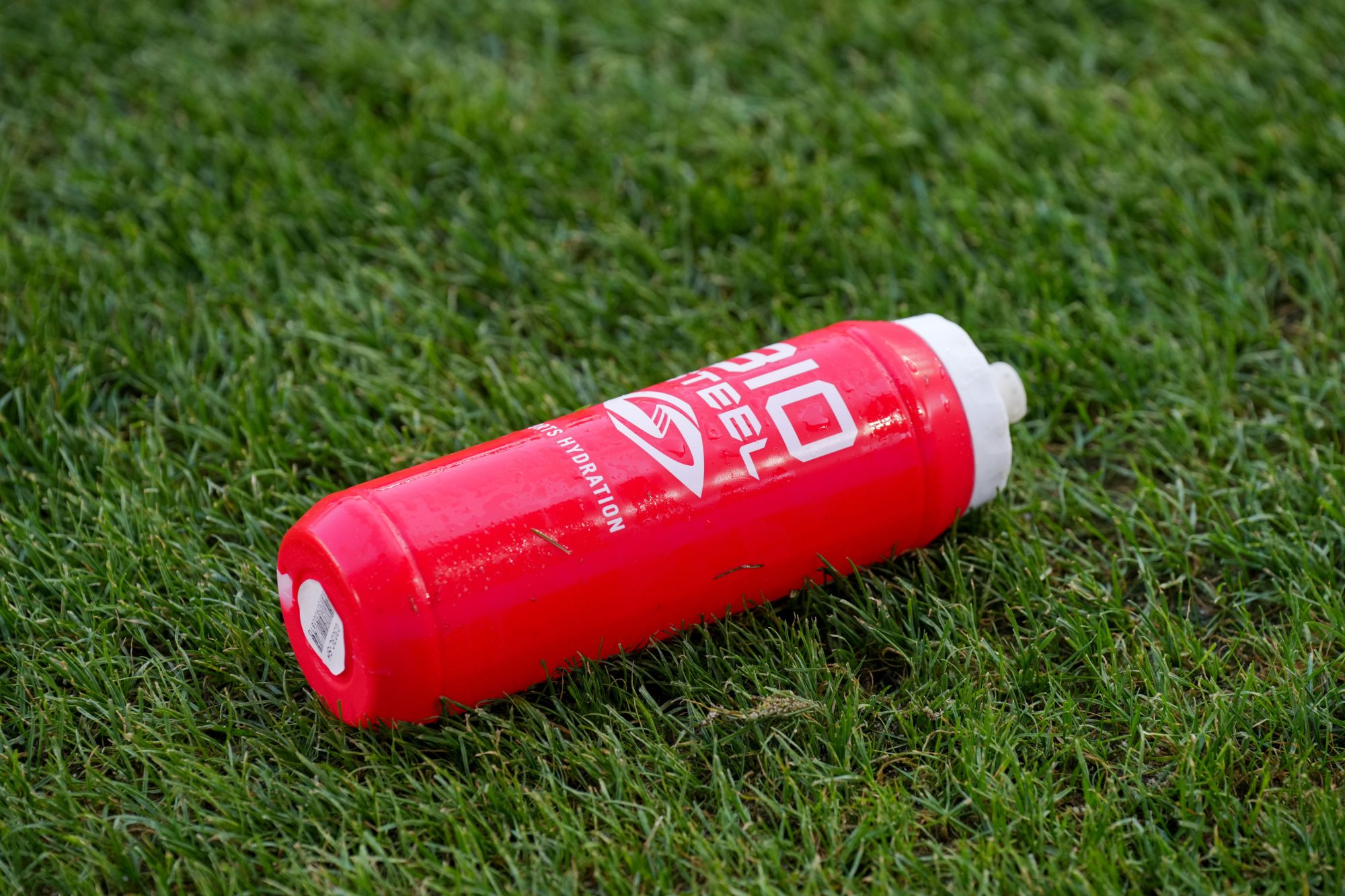
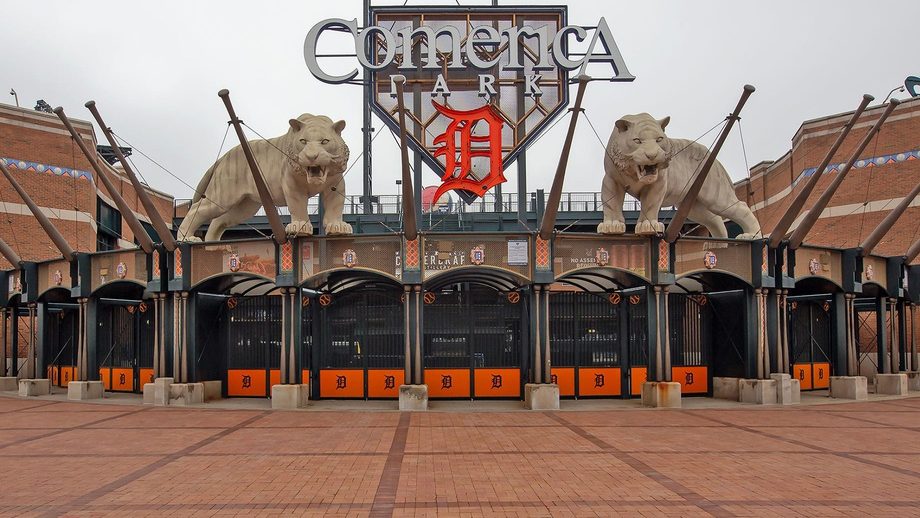



![[Subscription Customers Only] Jun 15, 2025; Seattle, Washington, USA; Botafogo owner John Textor inside the stadium before the match during a group stage match of the 2025 FIFA Club World Cup at Lumen Field.](https://frontofficesports.com/wp-content/uploads/2026/02/USATSI_26465842_168416386_lowres-scaled.jpg?quality=100&w=1024)
![[Subscription Customers Only] Jul 13, 2025; East Rutherford, New Jersey, USA; Chelsea FC midfielder Cole Palmer (10) celebrates winning the final of the 2025 FIFA Club World Cup at MetLife Stadium](https://frontofficesports.com/wp-content/uploads/2026/02/USATSI_26636703-scaled-e1770932227605.jpg?quality=100&w=1024)


